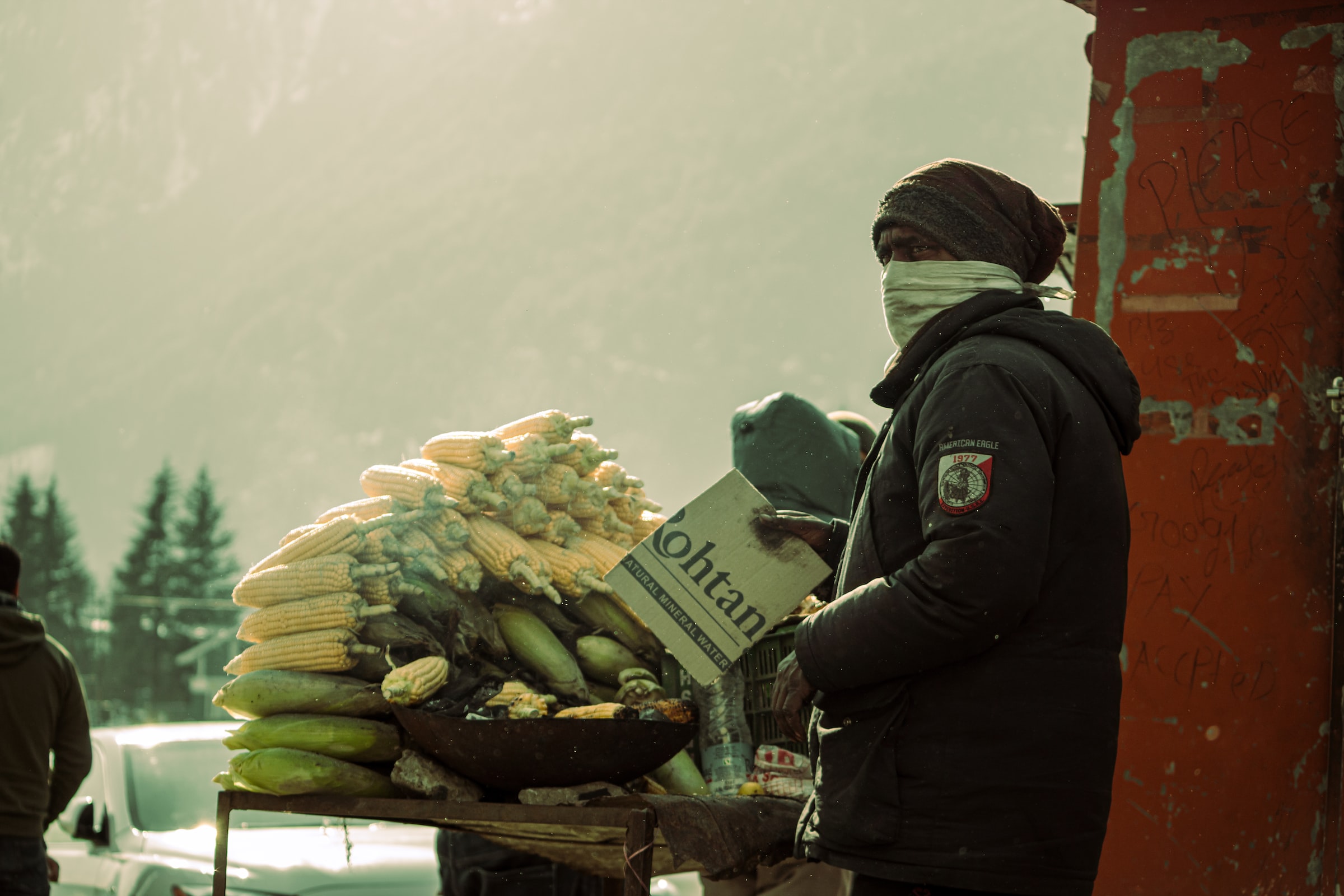
Food&Drink Writer Dina Tjelmeland Adeler delves into the current UK food poverty crisis, and encourages students to help out charity FoodCycle in any way they can
Food Poverty in the UK
Food poverty in the UK is a serious and growing issue. I had the opportunity to speak to one of the devoted volunteers at FoodCycle, Mathew Hales, who told me about the amazing work that FoodCycle has done before and during the lockdown. Matt has said that there has never been a more important time for FoodCycle, and talked about the great community that the charity has. Now more than ever, FoodCycle is in need of volunteers.
the rise of food poverty undermines the UK’s commitment to ensure that all citizens have access to food
When we think of food poverty, the first thing we think of might be starving children in developing countries. However, food poverty is much closer to home.
The Department of Health defines food poverty as ‘the inability to afford, or have access to, food to make up a healthy diet’. The main reason that people fall into food poverty is because of either low or unreliable income. Changes to welfare systems are also one of the main reasons people fall into food poverty. The growth in food poverty demonstrates that the social safety net is failing, and the rise of food poverty undermines the UK’s commitment to ensure that all citizens have access to food.
The UK is the seventh richest country in the world; however, an estimated 8.4 million people suffer today from food poverty. This includes households with people in work and out of work, as well as disabled and older people.
In the pandemic, awareness of food poverty is more important than before
The Trussell Trust is the largest UK food bank network. In 2018-2019, the Trussell Trust provided 1.6 million packages of emergency supplies compared to 2009 when they supplied 41,000 packages. That is 40 times the amount of emergency supplies in just a few years. The Trussell Trust is seeing food poverty on the rise in the UK, with significant impact on families that are already struggling.
In the pandemic, awareness of food poverty is more important than ever. Because of the pandemic, more people are struggling to afford food to feed themselves and their families. Because of this it is important that we help. The number of people in need of emergency food parcels has hit new heights with the pandemic. As many thousand people have lost their jobs and seen their incomes change suddenly.
Food banks are meeting the essential needs of many people when it comes to food poverty. They are offering food to people who otherwise would not have food. Thee Trussell Trust’s rising demands demonstrates the demand for food banks, and that the need for them have risen in the recent years and will continue to in the future.
FoodCycle’s vision is a society where no one is hungry or lonely
The pandemic and the lockdown have led tens of thousands of new people to need food banks for the first time, said Emma Revie who is the chief executive of the Trussell Trust. The pandemic made the issue with food poverty in the UK even bigger.
FoodCycle
FoodCycle’s vision is a society where no one is hungry or lonely. It has been an essential service in Birmingham before and during the lockdown. Since the first lockdown, in Birmingham, volunteers have packed over 15,320 food parcels and saved an incredible 47 tonnes of surplus food.
However, FoodCycle is in urgent need of volunteers in Birmingham. One of the main reasons is due to isolating or shielding from the pandemic, which have led to volunteer numbers dropping significantly. Without volunteers, FoodCycle cannot provide the vital service to the community for the people who rely on them. Volunteering for FoodCycle and other food banks is an excellent way to help people struggling with food poverty.
If you would like to volunteer with FoodCycle, check out their list of locations or sign up here.
Read more from Food&Drink:
Comments